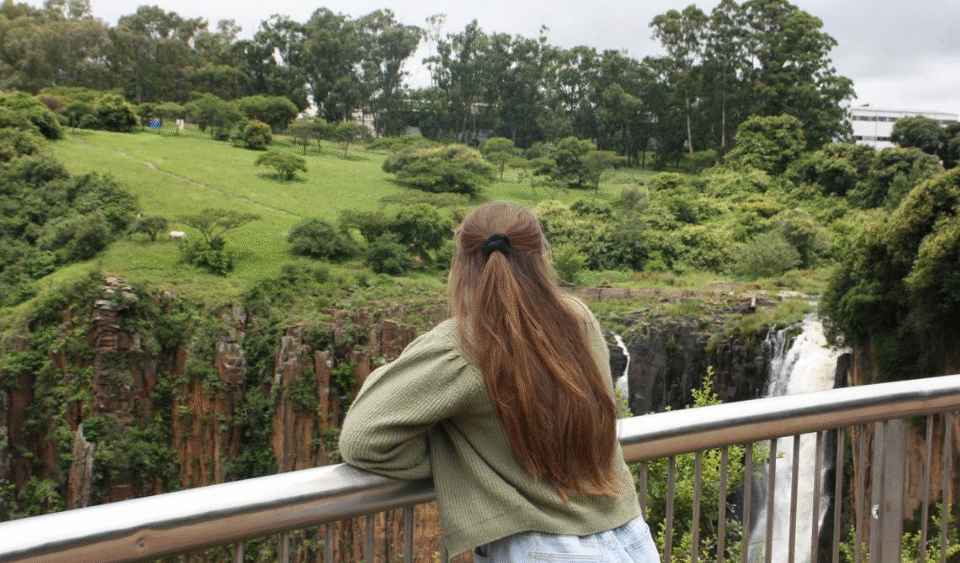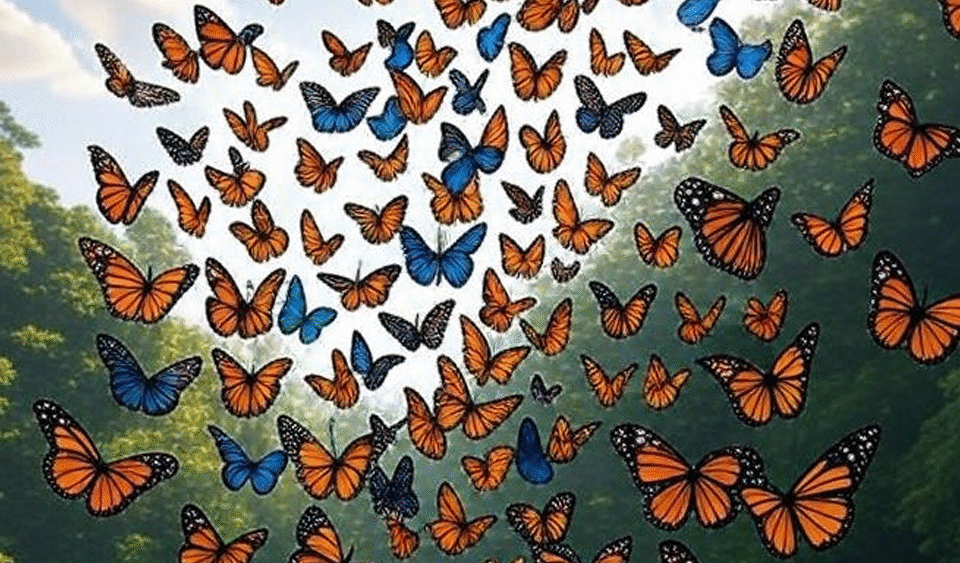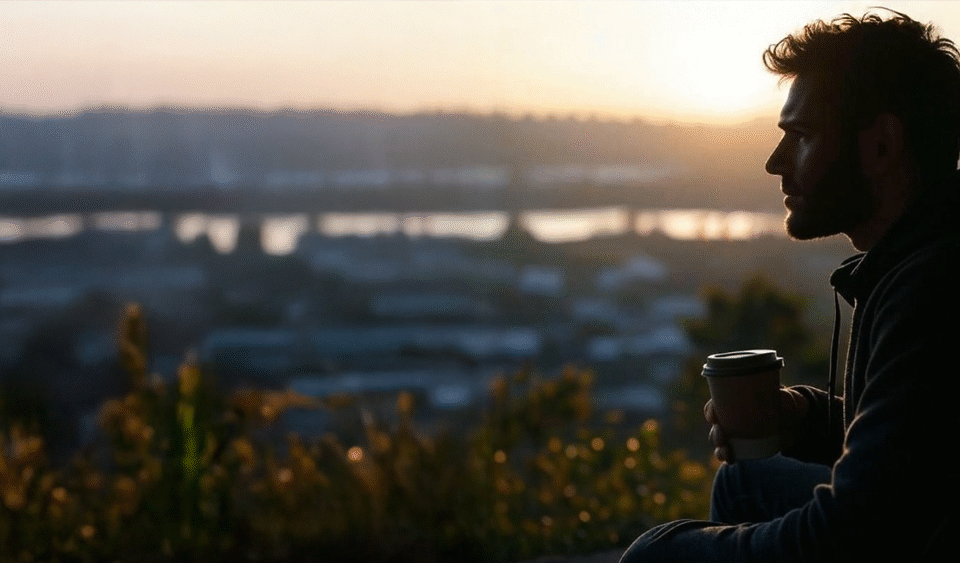There’s a graveyard on nightstands across the world.
Stacks of books promising transformation. Courses paid for, gathering digital dust in inboxes. Unused gym membership cards. Coaching notes never reviewed since the last session.
Each one a tiny tombstone marking the death of a version of someone that could have existed.
The question hangs in the air, raw and uncomfortable: How many self-help books sit unfinished on shelves? How many courses abandoned after module one? How many guides hired, only to be ghosted in the process?
This isn’t judgment. This is recognition. A collective pattern we’ve normalized.
Buying the book feels good. Signing up for the course feels good. Hiring the coach feels good.
It feels like progress.
It isn’t.
It’s a performative dance people do to convince themselves they’re changing while ensuring they never have to face the raw, uncomfortable work of actual transformation.
Reading about push-ups has never, not once in human history, strengthened a single muscle fiber.
Yet the consuming continues, the buying, the signing up – mistaking the menu for the meal.
Change isn’t complicated. It’s just fucking hard.
The equation is brutally simple: Knowledge without action equals zero. Every time.
That book on the nightstand? Worthless. That course in the inbox? Meaningless. That coach hired? A waste of everyone’s time.
Until something happens with it.
Until the body hits the floor and pushes against gravity until your arms scream.
Until someone sits with the discomfort of their own resistance and pushes through it anyway.
Until they face the terror of potentially failing at becoming who they claim they want to be.
Let’s call this what it is: deliberate self-sabotage.
Not the dramatic kind. The quiet kind. The kind that masquerades as “I’ll get to it tomorrow” or “I’m just gathering more information first” or “I’m not quite ready yet.”
These aren’t reasons. They’re alibis.
Preemptive excuses manufactured to protect against the vulnerability of trying and possibly discovering we aren’t who we thought we were.
Because trying – really trying – means facing the possibility of failure. Not trying means preserving the comforting fiction that success was always just one more book, one more course, one more coach away.
The self-help industry thrives on this gap between intention and action. Between wanting and doing.
People collect possibility without risking reality.
Each purchase becomes a hit of hope without the hangover of effort. Each abandoned course a relationship to blame for failing, rather than admitting the failure to show up for it.
The moment everything changes isn’t when someone finds the right book. It’s when they finally close the books and open themselves to the discomfort of action.
So here’s the question I’d like you to answer:
What painful action are you avoiding by consuming more information instead?
What push-up are you refusing to do while reading about proper push-up form?
What conversation are you not having while reading about communication?
What creation are you not birthing while studying creativity?
The answer to that question is where actual life waits. Not in another book. Not in another course. Not in another coach.
In the doing of the thing being read about how to do.
Potential isn’t trapped by lack of knowledge. It’s suffocating under the weight of unused knowledge.
Stop buying. Start applying.
Or be honest enough to admit the preference for the comfort of potential over the terror of becoming.
The graveyard is already full enough.






